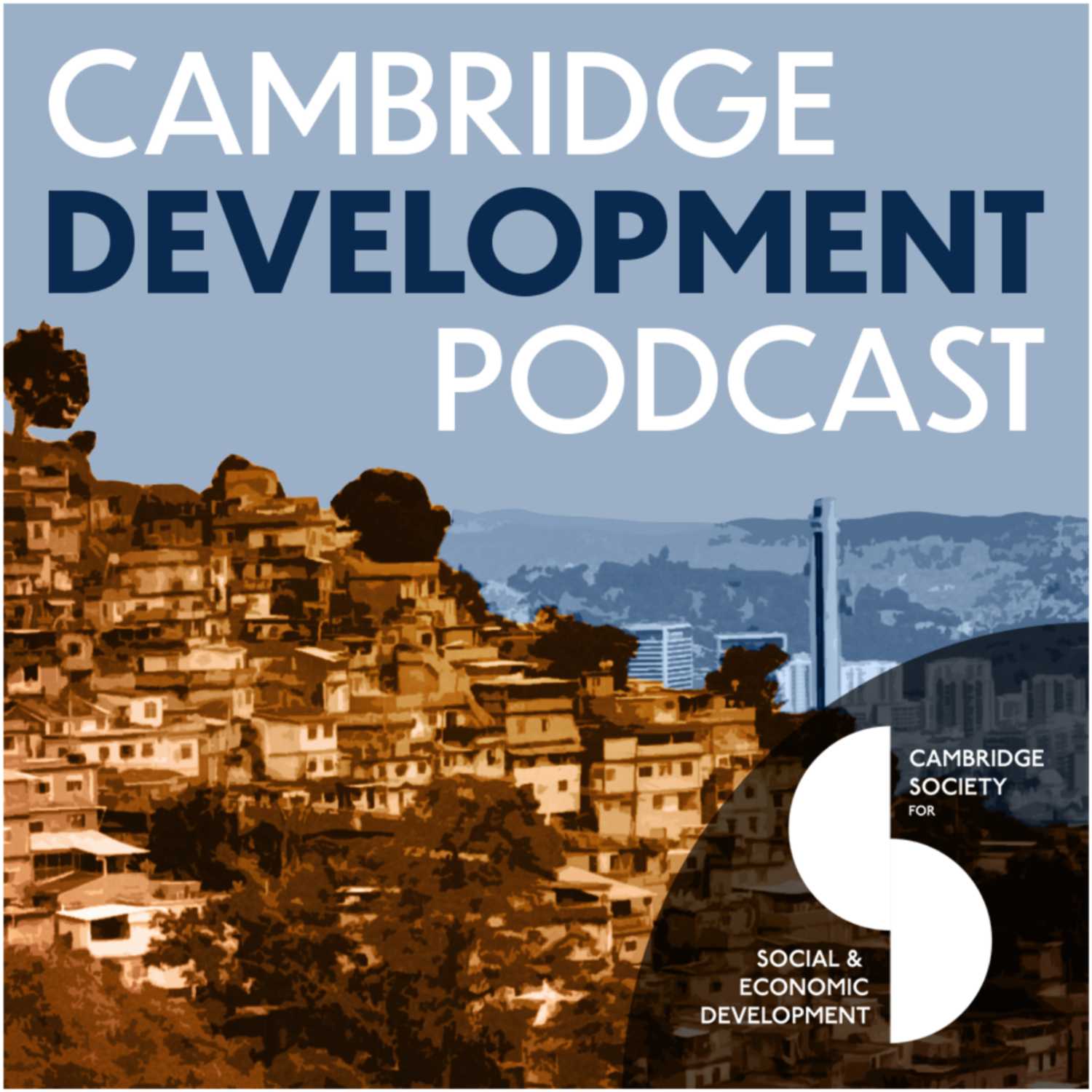Episodes
Gary Dymski is a Professor of Applied Economics at the University of Leeds. He has published numerous books, articles, chapters, and studies on banking, financial fragility, urban development, credit-market discrimination, gender and racial inequality, the Latin American and Asian financial crises, exploitation, housing finance, the subprime lending crisis, financial regulation, the Eurozone crisis, and economic policy.In our conversation with him, we talk about the global Covid-19 recovery,...
Published 06/01/21
Published 06/01/21
Gary Dymski is a Professor of Applied Economics at the University of Leeds. He has published numerous books, articles, chapters, and studies on banking, financial fragility, urban development, credit-market discrimination, gender and racial inequality, the Latin American and Asian financial crises, exploitation, housing finance, the subprime lending crisis, financial regulation, the Eurozone crisis, and economic policy.In our conversation with him, we talk about the global Covid-19 recovery,...
Published 05/10/21
What is the role of industrial policy in today’s economic climate? Is there a place for it in the transition to a new, ‘green’ age? And what is the ‘4th Industrial Revolution’? How can it work to our benefit, particularly for developing countries?The Cambridge Development Podcast is back for Easter term with Mateus Labrunie, PhD student at Cambridge University’s Centre of Development Studies. With his research focusing on the return of industrial policies and state-led development, Mateus...
Published 05/03/21
Is there legitimacy behind the so-called ‘natural resource curse’? How has Covid-19 impacted the architecture of international debt, and what sort of unique challenges does this pose for resource-rich developing countries? This week, the Cambridge Development Podcast is joined by David Mihalyi to discuss the interrelated challenges facing resource-rich developing countries in the context of Covid-19, the subsequent debt crisis, and climate change. We examine whether and how resource-rich...
Published 03/22/21
In our third episode, we welcome the acclaimed economist Gabriel Palma to discuss and provide insight into pressing issues around inequality in development and the Chilean economic experience. Dr. Palma is an Emeritus Senior lecturer at the Faculty of Economics at the University of Cambridge and Professor of Economics at the Faculty of Business and Economics at the University of Santiago de Chile.How is inequality measured, and what is its importance in development research and policy? We...
Published 03/08/21
Why does studying International Development matter in the age of populism? How can we conceptualise populism and democracy within the confines of the nation-state? How does political ethnography attune to diverse belongings and exclusion of people within discourses of populism? What are the mechanisms that characterise the process of populism in countries around the world?Dr. Graham Denyer Willis joins our conversation in disentangling some of the key questions regarding the rise of populism...
Published 03/01/21
What is the process of post-conflict reconstruction in Mogadishu, Somalia? How does a development researcher navigate the intricacies of their positionality within the spaces of their research? How can development researchers approach the politicized production of knowledge in the Horn of Africa and other areas of the global South, and contribute to more equitable epistemological production?In our pilot episode, the Cambridge Development Podcast is joined by Surer Mohamed, a final year PhD...
Published 02/21/21
Welcome to the Cambridge Development Podcast, run by the Cambridge Society for Social and Economic Development, and hosted by Pascual Gonzalez. Subscribe to hear the latest insights from leading academics and practitioners in international development.
Published 02/06/21


